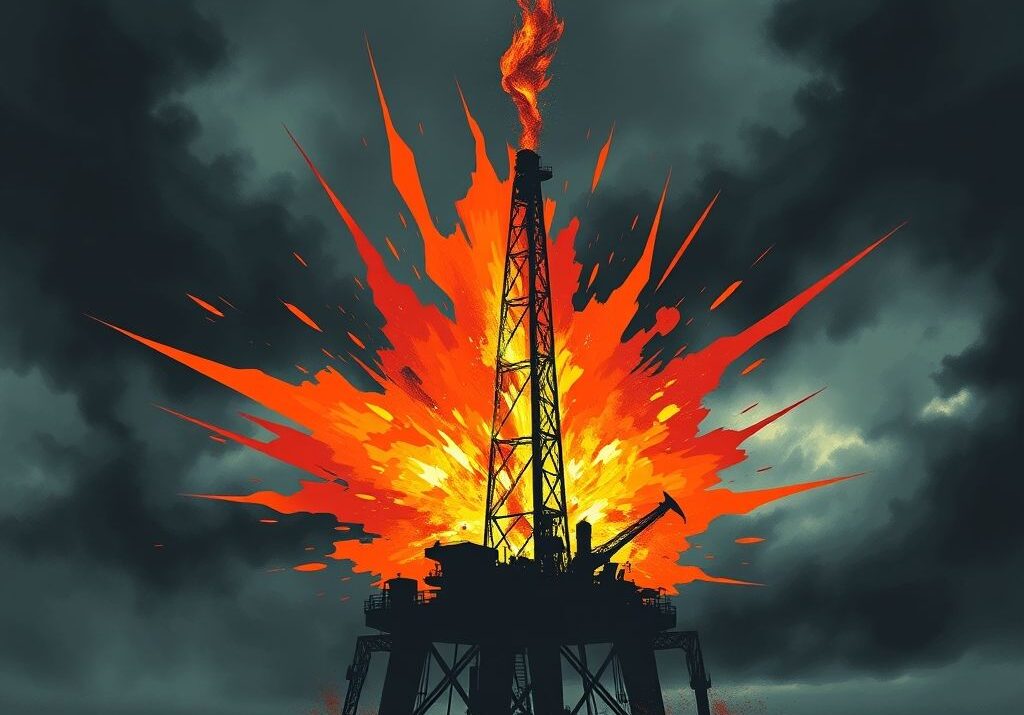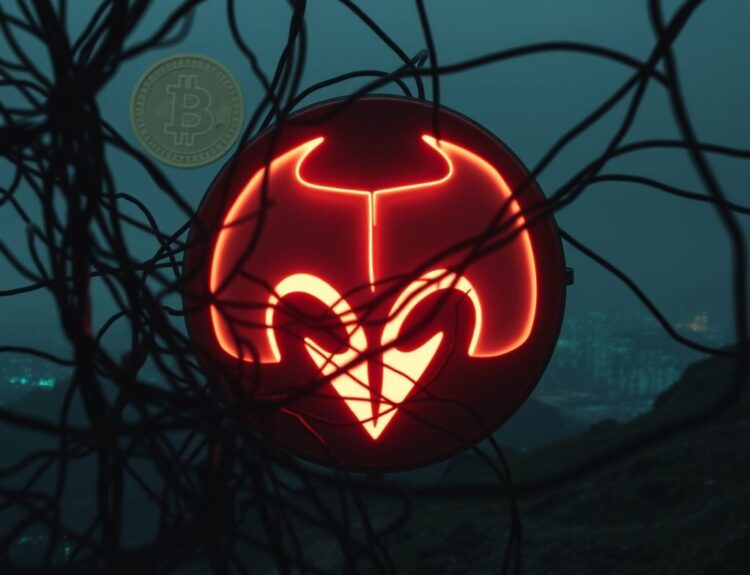Okay, friends, I stumbled across something that really made me sit up straight. It’s about the simmering tensions between Israel and Iran, but with a twist that hits us all in the pocketbook: energy. Apparently, things could be about to get very interesting (and potentially expensive) on the energy front.
I was reading a piece in Fortune, and it highlighted a chilling statement from an Iranian lawmaker. They’re seriously considering closing the Strait of Hormuz. Let that sink in for a moment.
The Strait of Hormuz. This isn’t some backwater canal. This is the chokepoint for global oil. According to the U.S. Energy Information Administration (EIA), in 2018, the strait saw a daily flow of about 21 million barrels of oil equivalent. That’s roughly 21% of global petroleum liquids production. Shutting that down? We’re talking serious disruption.
Think about it: Cameroon, like many countries, relies on imported fuel. A significant spike in oil prices would ripple through our economy, affecting everything from transport costs to the price of food. This isn’t some abstract geopolitical game; this hits home.
The Fortune article suggests this potential closure is a direct response to the ongoing conflict. While direct military clashes are terrifying, economic warfare, especially when it targets something as vital as energy, can be equally devastating. It’s a chess match played on a global scale, and we’re all pawns.
We’ve seen similar disruptions before, though thankfully not on this scale. Remember the 1973 oil crisis? A similar geopolitical squeeze sent prices skyrocketing and plunged economies into recession. We need to be prepared for a potential repeat, or something even worse.
What does this all mean for us? Here are five key takeaways:
- Brace for Potential Price Hikes: Even the threat of closure can send oil prices soaring. Start thinking about ways to conserve energy and reduce your fuel consumption.
- Diversification is Key: Cameroon needs to double down on efforts to diversify its energy sources. Relying solely on imported oil leaves us vulnerable.
- Geopolitical Awareness is Crucial: Pay attention to what’s happening in the Middle East. These events directly impact our lives.
- Government Action is Needed: Our government needs to be proactive in securing alternative energy supplies and mitigating the potential economic impact.
- Long-Term Thinking Required: This isn’t a temporary blip. The Israel-Iran conflict is likely to escalate, and we need long-term strategies to navigate the energy implications.
This isn’t just a headline; it’s a wake-up call. We need to be informed, proactive, and prepared for the potential energy storm brewing on the horizon. We need to look inwards and start creating energy solutions that are right for our land.
FAQ: Energy Markets & The Israel-Iran Conflict
- What is the Strait of Hormuz? It’s a narrow waterway between Iran and Oman that connects the Persian Gulf to the Gulf of Oman and the Arabian Sea. A significant portion of the world’s oil supply passes through it.
- Why is the Strait of Hormuz so important? Because it’s the world’s most important oil transit chokepoint. Disruptions there can severely impact global oil prices and supply.
- How much oil passes through the Strait of Hormuz daily? The U.S. Energy Information Administration (EIA) reported that in 2018, around 21 million barrels of oil equivalent passed through the strait daily.
- What would happen if Iran closed the Strait of Hormuz? Global oil prices would likely surge, leading to increased fuel costs for consumers and businesses worldwide. This could also trigger economic instability.
- Could the closure of the Strait of Hormuz affect Cameroon? Yes, Cameroon relies on imported fuel. Higher oil prices would increase transport costs, food prices, and the overall cost of living.
- What alternative energy sources could Cameroon explore? Solar, hydroelectric, and biomass are potential options. Cameroon has significant solar energy potential, and there are opportunities to expand hydroelectric power.
- What can individuals in Cameroon do to prepare for potential energy price increases? Conserve energy at home, use public transport or carpool, and consider investing in energy-efficient appliances.
- Is there any precedent for this type of energy market disruption? Yes, the 1973 oil crisis is a notable example. Geopolitical tensions led to an oil embargo, causing prices to skyrocket and triggering a global recession.
- What is Cameroon’s government doing to address these potential energy challenges? The government is exploring different options, including diversifying energy sources, but needs to accelerate these efforts and prioritize energy security.
- Where can I find reliable information about energy markets and geopolitical risks? The U.S. Energy Information Administration (EIA), the International Energy Agency (IEA), and reputable news outlets like the BBC, Reuters, and the Fortune article cited above are good sources of information.








